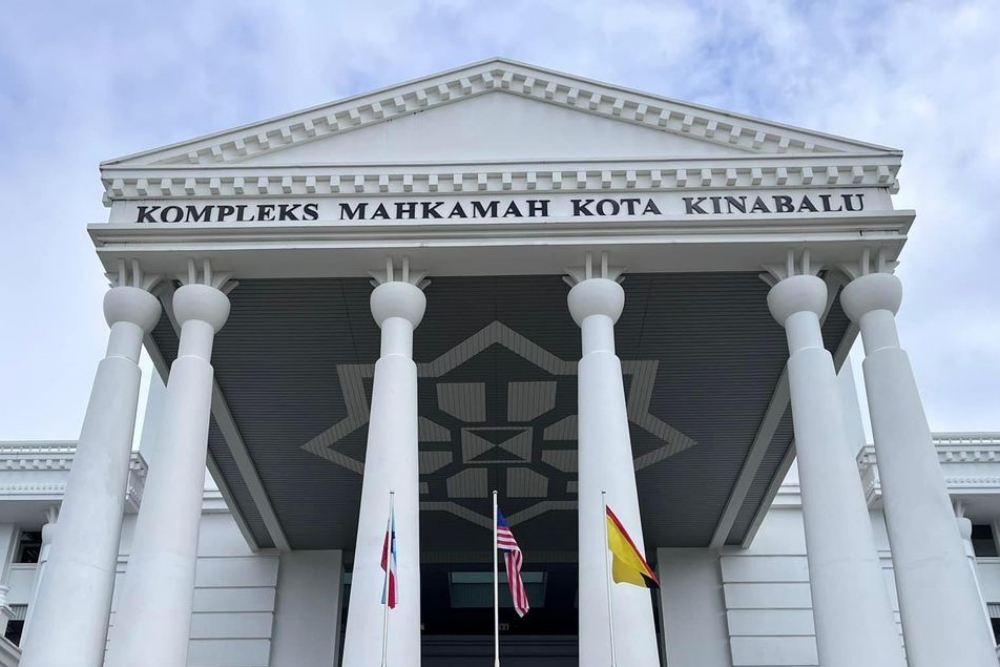ADVERTISE HERE

To find ways and means to reduce and control the spread of the toxicity of hate statements in the mass media in this country is the responsibility of every Malaysian. — AFP photo

IT used to be the pen!
Has not any reader ever received a poison-pen letter sent through the mail or delivered to the house letterbox?
The impact of hate statements – spoken, written or in the form of pictures and images – is so serious in Malaysia that the government has taken action.
Good on them.
I do not know if anybody can quantify the amount of toxicity produced by hate statements on social media. How does one determine the extent of adverse impact on society anyway?
Just start scrolling up and down your handphone a bit, and you’ll understand what I mean.
Nowadays everybody is a publisher, a broadcaster, a podcaster, a photojournalist, a political analyst, a busybody, a know-it-all – all rolled into one.
The freedom of speech via the technology of mass communication is being blatantly abused.
People publish untrue statements, many of which are intended to hurt and to lower somebody’s reputation in the opinion of right-thinking members of the community.
What can he do about it? Report to the service provider? Will that take back the lies; will that undo the damage?
So, whose fault is all this? Ours, as a matter of fact.
All of us gleefully embraced this wonderful new technology as a tool for instant communication; now we have to handle that tool like a double-edged sword.
Sure, you can damage others with it, but others can damage you too!
It is good that a study on the impact of the problem has been made, according to the Minister of National Unity Datuk Aaron Ago Dagang (The Borneo Post – Oct 12, 2024).
He listed nine domains where there was ‘a need for formulation of policies and laws’: educational institutions, families, religious institutions, government policies, laws, enforcement leadership, non-governmental organisations (NGOs), and social media.
What has not been revealed, however, are the details of the findings of this team consisting of officials from the National Integration Research and Training Institute, Department of National Unity and Integration and UPM Consultancy and Services Sdn Bhd.
It is up to the government whether or not to get other Malaysians involved in the discussion of these findings. I hope that the NGOs (no, NGO does not stand for ‘Nadai Guna Orang!’) based in Sarawak and Sabah would be invited to participate in open discussions of those matters.
The problem affects the public, not just a few government agencies. Taken on-board, the NGOs will provide additional information or useful feedback for inclusion in the final report for submission to the Cabinet.
The recommendations in respect of the nine domains, after they have been vetted for sensitive issues relating to national security, must be released to the media, both print and social.
The print media have a lot of experience in terms of the crucial importance of editing materials before publication. A few of them had the bitter experience of being sued for libel that by now, they know how to avoid getting into trouble with the law.
The public must be educated on the importance of the rule of law, beginning with the family, followed by the school, and the public.
The discussions of the findings of the study team appointed by the Ministry of National Unity should be held in all parts of the state, not just in Kuching and the big towns.
Schoolchildren and members of youth organisations should also participate in these discussions.
In all these activities, I would also suggest to the ministry to bring on board the owners of the print media organisations. The journalists working there will disseminate information to the public in the way that they have been doing all this while.
The government has all the power in the world to regulate the use of materials in both the print and the social media through the application of the existing laws on libel, slander and sedition and the Penal Code.
In Malaysia, a tort like defamation is also a crime – a useful tool, in certain circumstances. It is a matter of application of the laws.
Enter Artificial Intelligence (AI)!
We are being overwhelmed by another form of mass communication – AI. This technology is a formidable tool for good, or for evil.
In May this year, did you listen to Donald Trump’s message ‘Salami Ari Gawain Dayak’?
Or did you hear Mr Bean wishing his listeners, in perfect Iban: “Secular Sedalia, Selamat Ari Minggu/Salam Madani?”
This week, did you enjoy listening to the Malay song ‘Engkau Laksana Bulan’ sung by ‘Anwar’, ‘Najib’, ‘Dr Mahathir’ and ‘Zahid Hamidi’? The possibilities are unlimited!
Wait for an election time when you will be able to hear the opposing vote canvassers spouting unprintable scorn against each other. The social media practitioners will have their field day under cover of the freedom of speech.
To find ways and means to reduce and control the spread of the toxicity of hate statements in the mass media in this country is the responsibility of every Malaysian.
One problem, of course, is how to catch the ‘online defamer’. He has an unpleasant ability to be two steps ahead of law enforcement.
But we must do our best to control online poisoning. Are we up to the task?
* The opinions expressed in this article are the columnist’s own and do not reflect the view of the newspaper.








 English (US) ·
English (US) ·